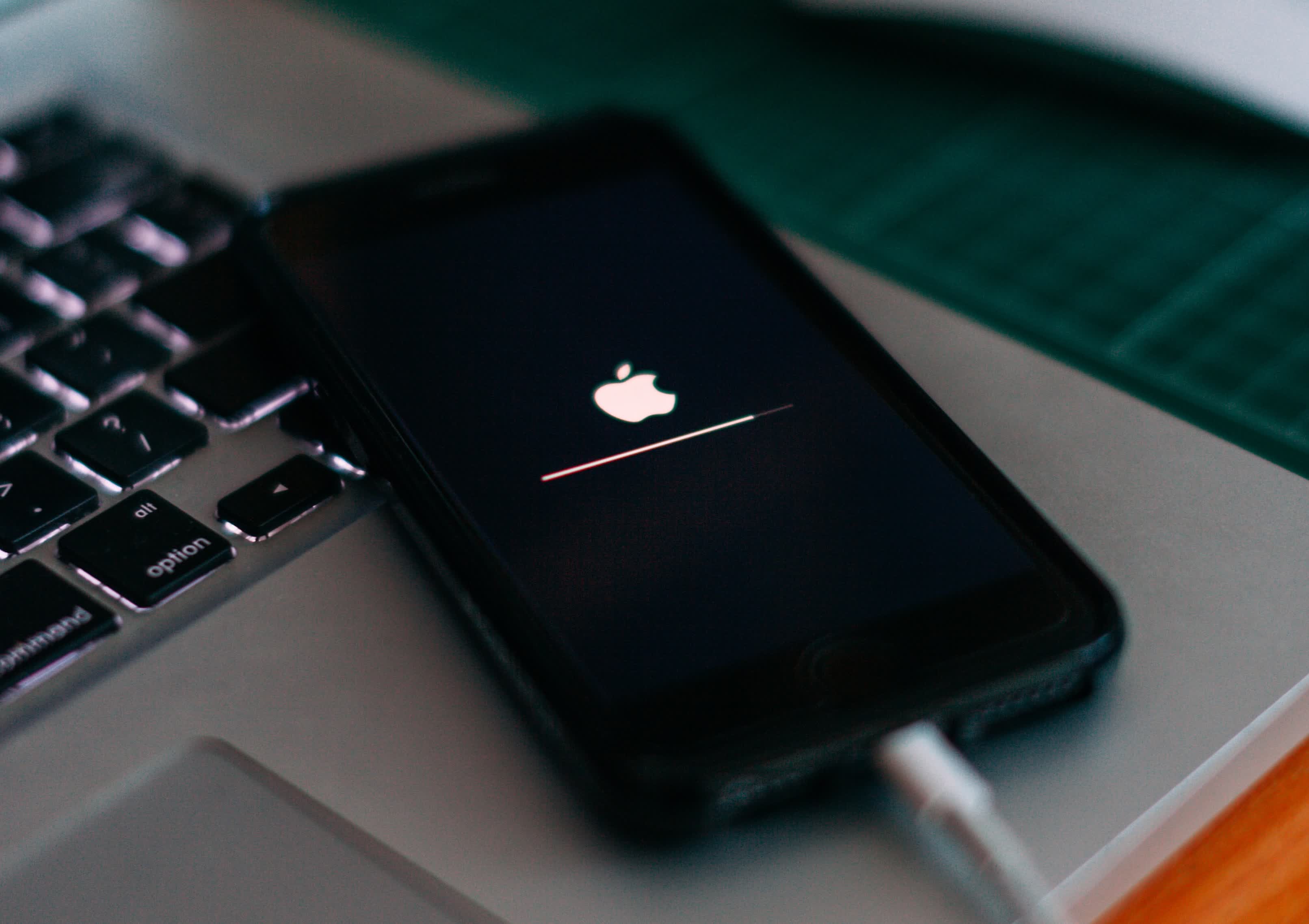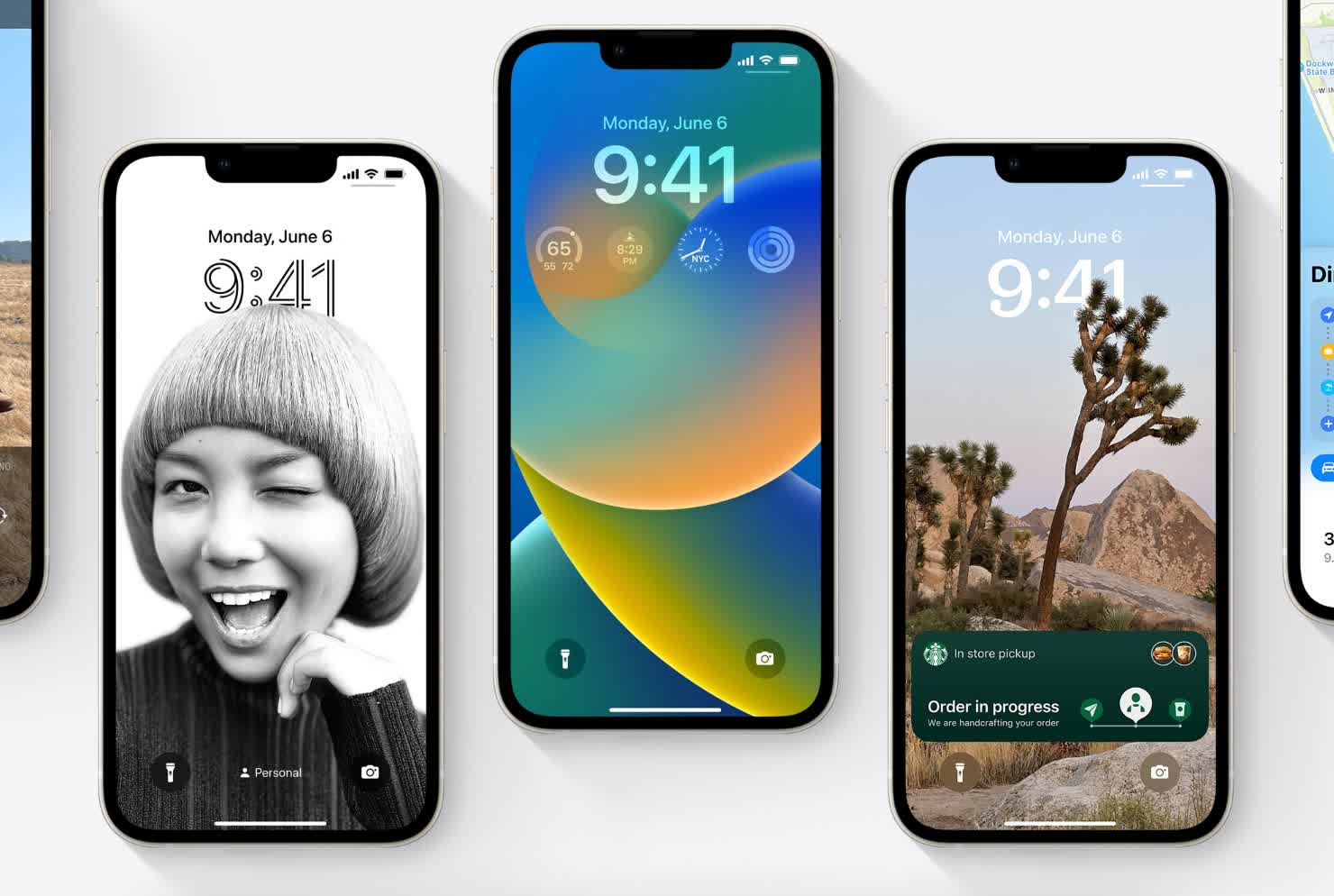In context: People who own an iPhone or an iPad can attest to getting several years of software upgrades, which is more than you can expect from most Android devices, including those made by Google. Apple's mobile devices also receive timely updates regardless of the model or mobile service provider, which is why iOS 15 has achieved an adoption rate of almost 90 percent within a year of release.
This week, Apple announced iOS 16, a major update that brings on lock screen improvements, automatic security updates, passwordless logins, and more. The company says the OS update will be compatible with iPhone 8 and newer models, while previous iPhones and iPod Touch are being left behind as they're equipped with aging chipsets. That isn't the case with iPadOS 16, which will be available for all devices that were eligible for iPadOS 15.
In other words, those of you with an iPhone 6S, iPhone 6S Plus, iPhone 7, iPhone 7 Plus, as well as the first-generation iPhone SE will be stuck on iOS 15 for the lifetime of your device. Last month, Apple discontinued the iPod after two decades, and the seventh generation iPod Touch will be the last of its kind. As you'd expect, that also means it won't run iOS 16.

Devices that use A9 and A10 Fusion chipsets will not receive the upgrade though most of these devices are now six to seven years old, save for the 7th generation iPod Touch which was launched in 2019. Still, Apple usually provides an additional year or two of security updates to devices that can't upgrade to the latest version of iOS, though there's no official policy that dictates this.
In the case of iPadOS 16, all devices that were eligible for the iPadOS 15 upgrade are also compatible with the upcoming release. That includes iPad 5th generation or newer, iPad Air 3rd generation or newer, iPad mini 4th generation or newer, and all iPad Pro models. Some of the new multitasking features such as Stage Manager and external display support do require an M1-powered device.
